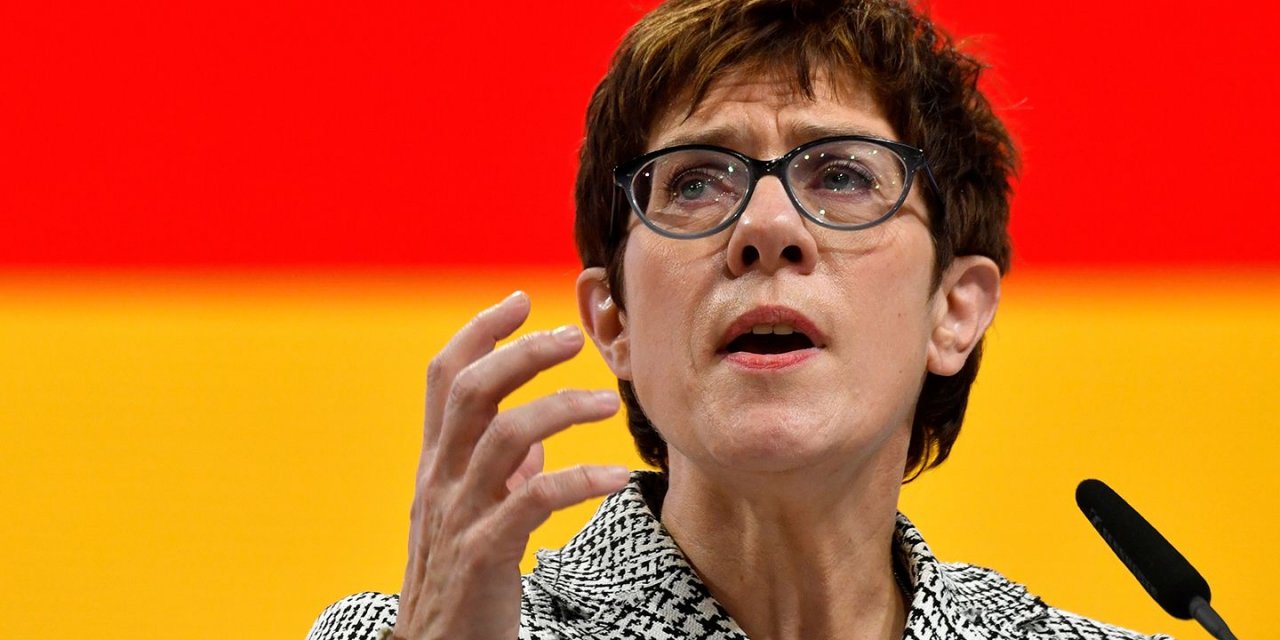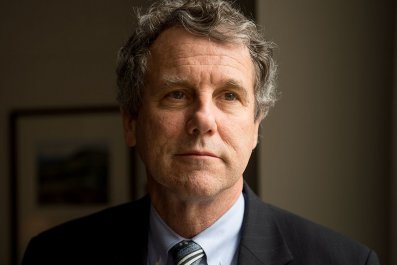In Germany, they call her simply AKK; even there, her name is a mouthful. And Chancellor AKK does have a certain ring to it. Speculation is that the 56-year-old will win the election to run Germany when Angela Merkel steps down in the fall of 2021. If Annegret Kramp-Karrenbauer does succeed in that, she will be replacing one of the most powerful politicians of the modern era, one who had the greatest influence in shaping the European Union—for good and, say critics, bad.
AKK beat two candidates, both men. She is a moderate centrist who shares Merkel's humility, as well as, some analysts say, a greater ability to reach consensus with other parties. Her résumé includes stints as minister of interior, of education and of social affairs; she has been governor of her home state of Saarland for over 18 years. Filling Merkel's sensible pumps, however, will require more than experience.
The Christian Democratic Union has governed the country for 49 of the past 69 years, and its roots are socially conservative. Over her 13 years in power, the brisk and forthright Merkel took the CDU in a more moderate direction; in the process, she turned Germany into the most powerful country in Europe for the first time in a century. After growing up in East Germany, she understood the dangers of nationalism and fascism, and as the leader of the EU, she became a champion of liberal, democratic values, as well as a symbol of stability at home and in the world.
Cracks in Merkel's popularity appeared after the global financial crash of 2008. Opponents say it was her policy of economic austerity, imposed on Italy, Spain, Portugal and Greece, that planted the seeds for the rise in populism across the EU. Those cracks deepened in 2015, when she welcomed a million refugees to Germany, and encouraged other EU members to do the same. Since then, the far-right Alternative for Germany party has become a significant challenger to the CDU. With 94 seats in the Bundestag, Germany's parliament, the AfG is now the third-largest party in the country after the 2017 federal election. And nationalist leaders now dominate Europe.
Kramp-Karrenbauer's close association with Merkel (she has been called "mini Merkel") is one possible reason her win was so close. Nearly half the votes went to candidates critical of Merkel. But there are differences between the two women. A Catholic mother of three, AKK has denounced same-sex marriage. And though she initially supported Merkel's immigration policy, her own attitudes toward refugees and migrants in Saarland have been quite harsh.
But AKK did win, which suggests the CDU is open to preserving Merkel's democratic legacy. Just how liberal AKK's policies will be is anybody's guess. The next German federal election is not until 2021, and given the current state of the EU and the world, a lot will happen: President Emmanuel Macron, Merkel's partner in democracy, is under siege in France. Brexit is on the horizon. The reach of autocratic administrations in Russia and China grows longer, as the drumbeat for the impeachment of the U.S. president gets louder. White supremacy and nationalism are on the rise throughout Europe. And climate change will continue to destabilize the world, leading to mass migration and widespread economic disparity.
Under those conditions, Kramp-Karrenbauer will need the mettle of Merkel—and then some.











